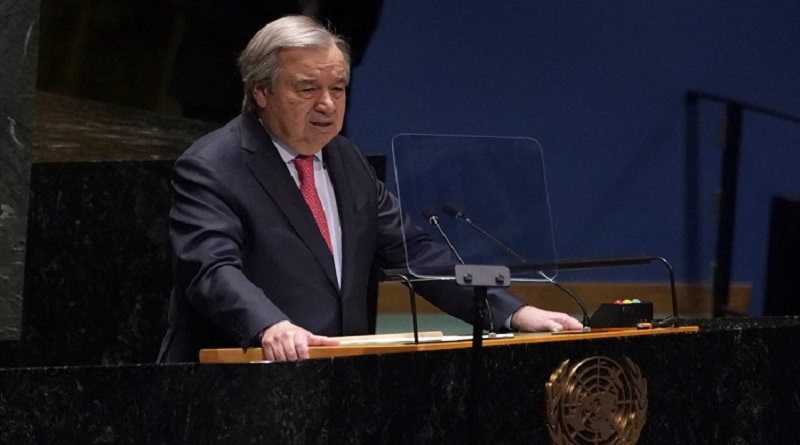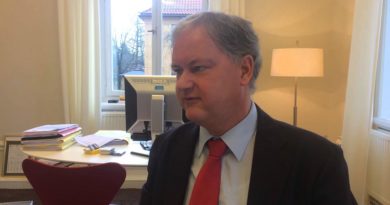UN Climate Summit shows countries still moving but pledges fall dangerously short of keeping 1.5°C alive-Group
Over 120 heads of state and ministers convened at the UN Climate Summit this week, where over 100 countries pledged to update their national climate commitments (NDCs) ahead of COP30 in Belém, Brazil. Among them were most major emitters, including China and the EU. So far, only 49 NDCs have been formally submitted, covering nearly a quarter of global emissions.
Even with many NDCs still outstanding, Wednesday announcements show the world is moving forward, yet still falling dangerously short, placing COP30 as the moment to confront the shortfall.
Andreas Sieber, Policy and Campaigns 350.org, said:“This UN Climate Summit made two things clear: despite geopolitical upheaval, most countries are still moving forward under the Paris Agreement. But the pledges fall far short of what’s needed to keep 1.5°C alive. COP30’s credibility will hinge on how it closes this gap in climate ambition. A cover decision in Belém is the most credible vehicle to do so, and the Brazilian presidency must now drive a process that delivers across the board: from phasing out fossil fuels to scaling up finance.”
Key Announcements included:
China: President Xi Jinping announced a new 2035 target to reduce emissions by 7–10% from their peak level. (Link to 350s response)
European Union: Committed to submit its NDC ahead of COP30, with an indicative 2035 target of 66.25–72.5% below 1990 levels.
Pakistan: Pledged an unconditional 15% cut in projected GHG emissions;
Palau: Announced a 44% emissions reduction by 2035 compared to 2015 levels.
Australia: Set a new goal to cut emissions by 62–70% by 2035 compared to 2005 levels.
Barbados: Called for a globally coordinated methane reduction agreement to “buy time” for rapid decarbonisation research; announced a national Resilience and Regeneration Fund, with citizens contributing 2.5% of GDP and the government 3.5%.
Republic of the Marshall Islands (RMI): Reaffirmed commitment to cut emissions by at least 58% by 2035 compared to 2010 levels.
The summit showed that the Paris process is still alive, but without a clear plan to phase out fossil fuels and finance a just transition, leaders risk betraying the millions already living with the escalating climate crisis.




